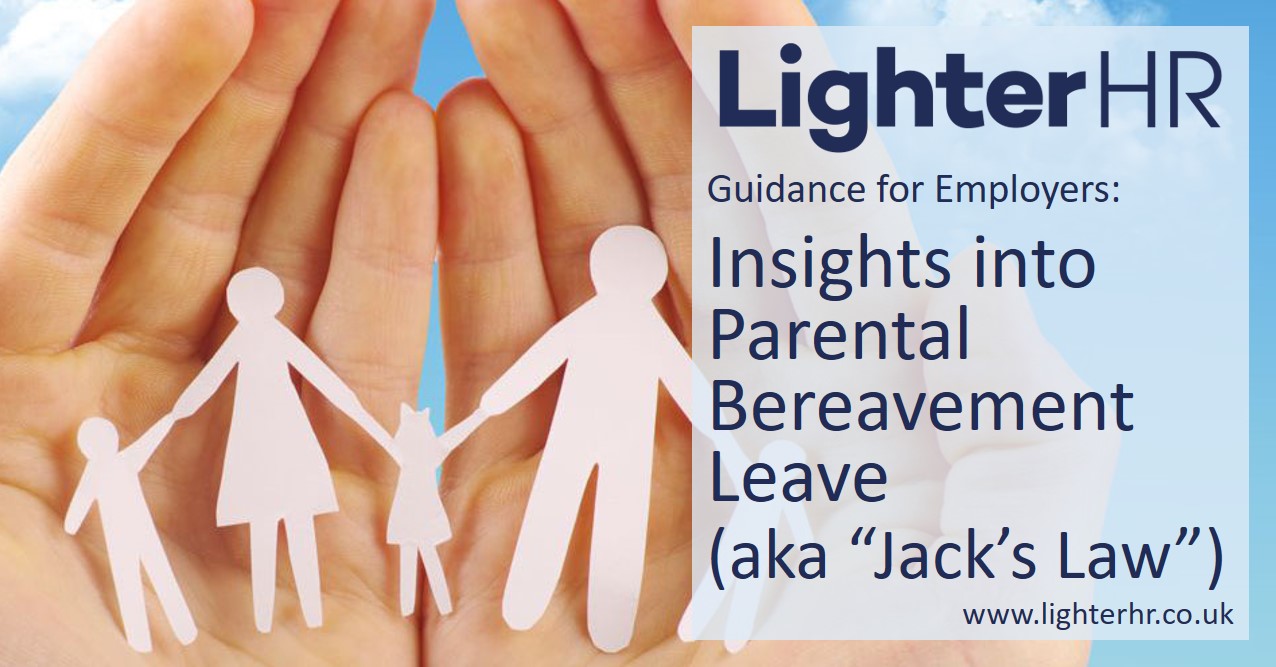
HR Insights and Guides
Practical help to ease the pressure when HR situations get difficult
Straightforward advice to help you manage HR challenges effectively

Preventing Sexual Harassment in the Workplace
Businesses have a statutory duty to take action to prevent sexual harassment. Employers are legally required to take reasonable steps to reduce the chance of sexual harassment happening in the workplace. Our post provides insights into organisations moving from dealing with complaints to taking action in prevention.

Company Liability at Corporate Events
Company liability at corporate events has come up for our clients on a number of occasions, and there has been an interesting case ruling that we think people should be aware of. In this post, we’ll review the case ruling and what employers can do to minimise risks.

Management Discretion: Consistency in Applying HR Policies
Many of our clients have policies in place which set out clearly what their position is and yet they all tend to contain the phrase “Any variation from this policy is entirely at management discretion”. Clients have found themselves being accused of discrimination because they have treated individuals differently, so is it really possible to…

Can You Change an Employee’s Terms and Conditions of Employment?
Changing terms and conditions of employment can be difficult. We’ve recently had a number of our clients ask whether they can change their employees’ terms and conditions of employment, particularly following a TUPE transfer. A simple answer is yes you can, but you need to follow a diligent process and be aware of potential pitfalls.

How Do You Calculate Employee Holiday Correctly?
Holiday calculations can often be confusing, for example, if someone joins or leaves a company part-way through a year, or what happens with holiday when on maternity leave. This blog post answers the questions we receive most frequently on how to calculate employee holiday.

Tips on Managing Summertime Employee Absenteeism
At this time of year employee absenteeism can be on the rise. It’s not the coughs and colds that lead to the “I’m too ill to work” telephone calls, it tends to be more related to sunburn and Pimms! Obviously, it can be very difficult to prove that someone isn’t genuinely ill but there are…

Can Gagging Orders be Enforced?
Typically, gagging orders are included in settlement agreements for legitimate reasons but they have been used to cover up matters that organisations would prefer others to not find out about. This post provides insights into what you can do when it comes to gagging orders and what to avoid.

Can and Should You Always Dismiss an Employee for Gross Misconduct?
Many employers have a list of behaviours in their employee disciplinary policy that constitute gross misconduct. If an employee commits one of these ‘crimes’ then the outcome is clear, right? Well, not necessarily. This post sets out the process and considerations that you need to make before dismissing an employee on the grounds of gross…

The Right to Request Flexible Working
Any employee who has more than 26 weeks’ service has a legal right to request flexible working which covers not just the hours that they work, but also where they work from. This post gives insight into the rules and what you, as an employer, should do when you receive a flexible working request.

How Do I Tell My Employees About Redundancy?
This post provides guidance on how to tell employees about redundancy and communication during a redundancy process. Rather than being prescriptive, what we’re aiming to achieve with this post is to help you consider what type of communication approach will work for you and help you to avoid some pitfalls.

Death in Service: What To Do When an Employee Dies
Dealing with a death of an employee can be a tragic and challenging time. Fortunately, it is unlikely to happen that often so you shouldn’t have to deal with it regularly. It’s never a nice time and your focus is likely to be on many things, so here are a few steps that can help…

Parental Bereavement Leave and Pay Regulations
Insights into the Parental Bereavement Leave and Pay Regulations, known as Jack’s Law, will provide a statutory right to a minimum of 2 weeks’ leave for all employed parents if they lose a child under the age of 18, or suffer a stillbirth from 24 weeks of pregnancy.
Looking for HR guidance?
Tell us about your situation and we’ll guide you to the right support for your business.
If you can’t find what you’re looking for, see if you can find it here:


